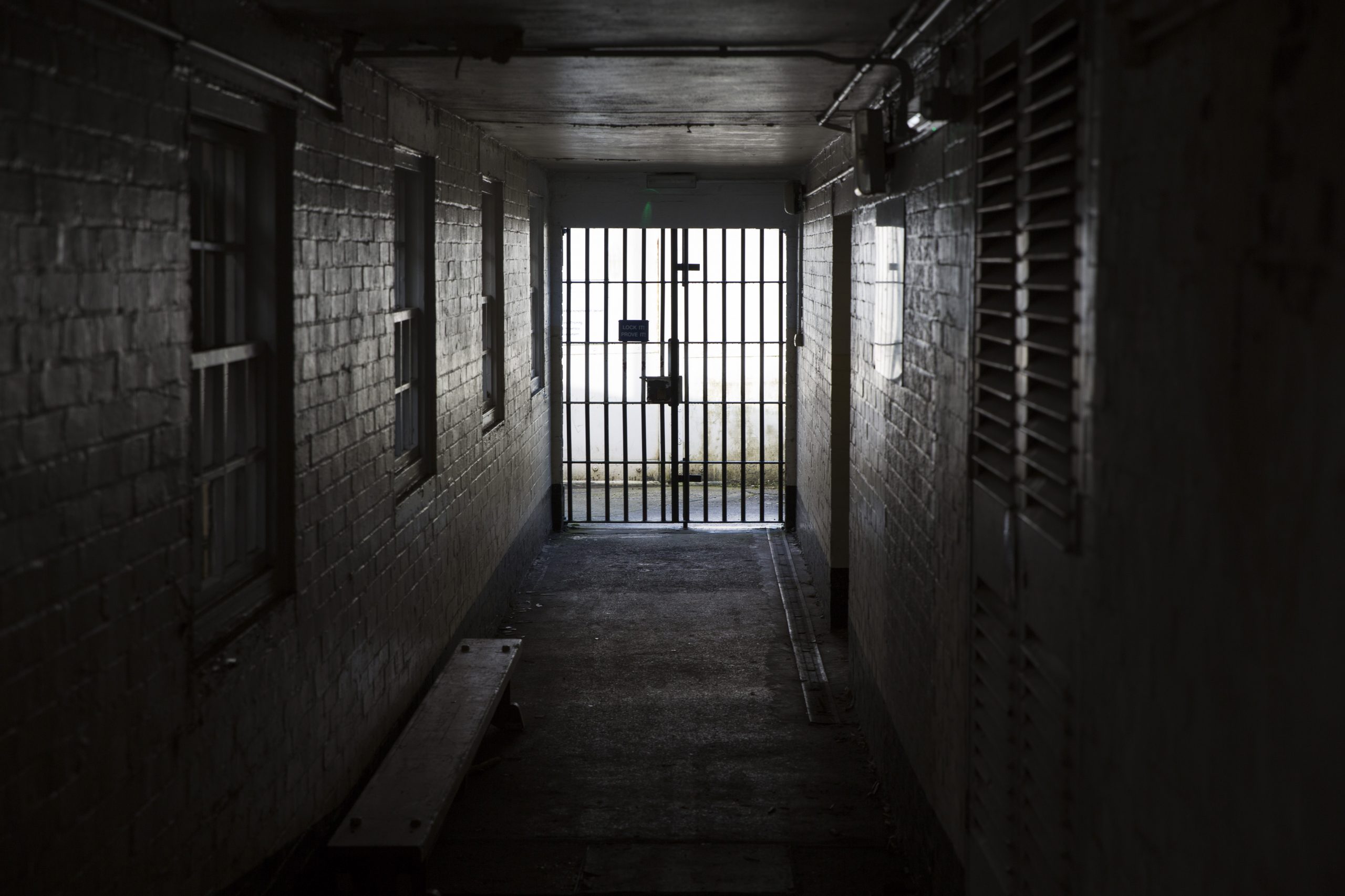HMP Exeter is the first adult prison to have been subject to two consecutive urgent notifications, after findings of consistently high rates of suicide and self-harm, inadequate care for prisoners and poor managerial oversight.
In 2018, HMP Exeter was subjected to an urgent notification due to its inability to keep its prisoners safe. Despite some small improvements and potentially promising work, the “repeated” poor levels of care meant that inspectors “[were] left with no alternative” but to invoke their first ever second consecutive urgent notification.
Support of new arrivals was highlighted as particularly crucial given the prison’s current population. More men than those at similar prisons had mental health and substance misuse needs, and the levels of self-harm were the highest of all male prisons. 77% of the prisoners stated that they had a mental health condition against the comparator of 60%. Since the last inspection in 2018, there were 10 further self-inflicted deaths and a further 626 incidents of self-harm.
Prisoners were found to have been locked up for extended periods of time during the induction, with some not receiving prescribed medication. Prisoners who had recently started alcohol detoxification or opiate substitution therapy were not routinely seen, contradicting national guidance. Care plans instigated by the GP were not always followed, and prisoners were not appropriately monitored.
The induction process remained “chaotic and lacked proper leadership oversight.” Many of the cells on the first night centre were poorly equipped, containing graffiti and broken furniture. The conditions of the cells on the wings were similar; many had no glass in the windows, exposed electric wires, floors in need of repair and mould.
Only 29% of prisoners were found to engage in purposeful activity. On average, an unemployed prisoner would spend an hour in open air. Inspectors were disappointed with the implemented daily regime that did not maximise prisoners’ time out of cell to engage in activity.
Whilst the level of assaults on prisoners had reduced since last inspection, it remained 50% higher than comparator prisons. During the previous 12 months, there had been 250 assaults, 124 of which were on prisoners. ‘The gap in understanding why it occurred was ill informed largely due to the poor quality of investigations,’ inspectors found.
The “constant change” of managers hampered “robust” progress to safeguard outcomes for prisoners, reflecting the findings in 2021. Leaders were unaware of key failings in the early provision and had failed to ensure consistent care of those at risk of self-harm. ‘Without further support from leaders in HMPPS to improve the stability of the leadership team, progress will be slow,’ inspectors stated.
Rob Preece, Communications Manager at the Howard League for Penal Reform described the “devasting” report” as “merely the latest chapter in a long, tragic history failure”.







